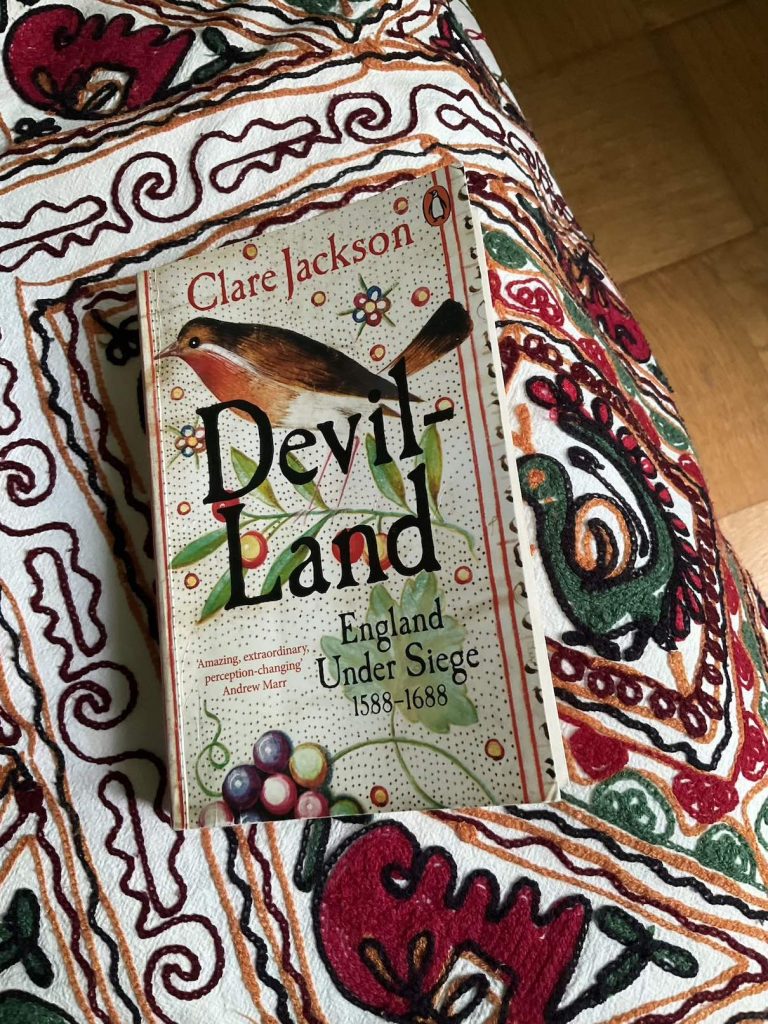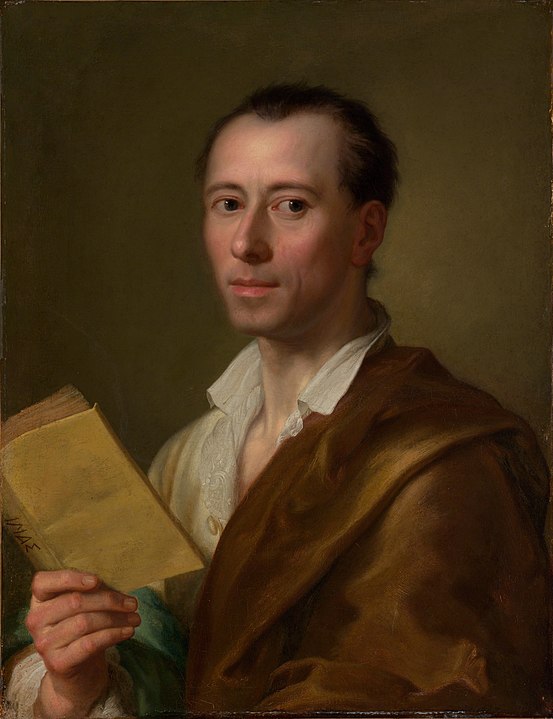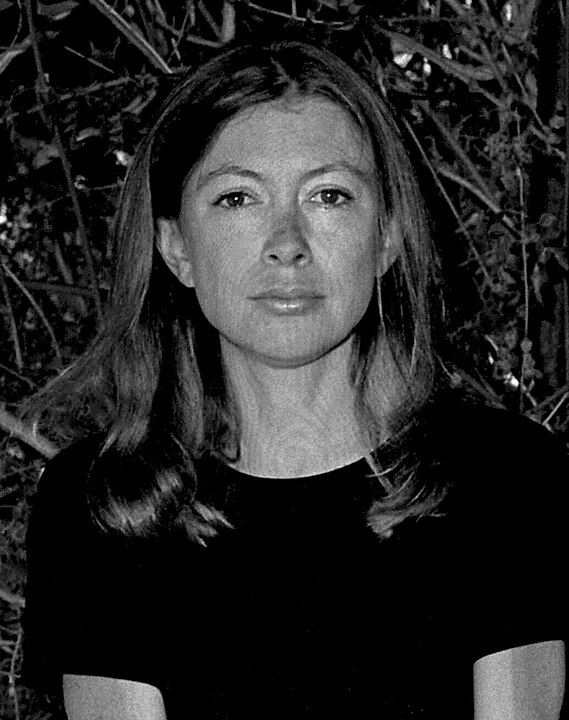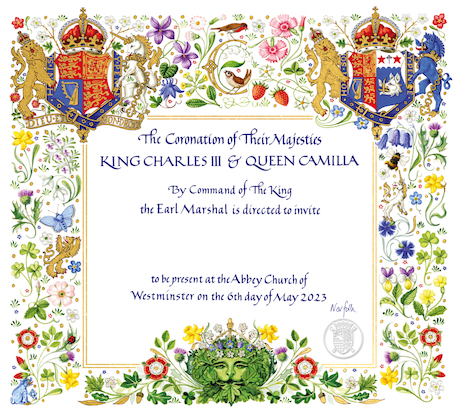In this recent post, I referenced Joan Didion’s telling of an episode in which she was unable to get out of her head Ezra Pound’s famous, ‘not quite’ haiku, imagist poem:
In a Station of the Metro The apparition of these faces in the crowd: Petals on a wet, black bough. - Ezra Pound, Poetry magazine (1913)
And Didion then pondering what her momentary obsession with these lines could have possibly meant, and me wondering, of course, along with her – but not immediately reflecting back to first principles and thinking about what exactly it was Pound was thinking about in the first place anyway! Very bright girl that she was, I dare say Didion would have had an interpretation – in the sense of Pound in Paris circa. 1913 – at hand, but, however clever, it would not necessarily have been one that would account for her sudden fixation on Pound’s words in her present. In fact, I understand her musing on the ‘petals’ being representative of ‘the aimlessness of the bourgeoisie’ to be her own diagnosis of that fixation in that moment. To that end, I belatedly note that she goes on to say:
[in Los Angeles in 1968 and 1969…] A demented and seductive vortical tension was building in the community.
Didion, Joan. The White Album: Essays (pp. 41-42). Open Road Media. Kindle Edition.
It surely can not be a coincidence that Didion describes the tension she perceives in society (that later in the essay she then believes to break) as ‘vortical’, nor that it was to Ezra Pound’s poetic experimentations (and artistic flights of fancy) during a particular period that Joan Didion was drawn in her search of an adequate means to describe the California ‘state of mind’ in those years. Her choice may not be so surprising, and very much in accord with Pound’s thinking at the time: that it is possible to make art (and write poetry) composed from an essence, a ‘vortex’; built upon, layer upon layer, enabling the representation of many facets, many people – of a state in the union or observed at a Paris metro station, for instance. The following essay appeared in the Fortnightly Review in 1914 :
Pound not only explains the circumstances and place from which “In a Station of the Metro” arose – his walking around about the La Concorde metro station in Paris – and the intellectual imperative – how he could encapsulate all the fleeting moments (all those ‘beautiful faces’) adequately, but also how later he was able to resolve his creative struggle.
[…]The “one image poem” is a form of super-position, that is to say, it is one idea set on top of another. I found it useful in getting out of the impasse in which I had been left by my metro emotion. I wrote a thirty-line poem, and destroyed it because it was what we call work “of second intensity.” Six months later I made a poem half that length; a year later I made the following hokku-like sentence:–
“The apparition of these faces in the crowd:
Petals, on a wet, black bough.”I dare say it is meaningless unless one has drifted into a certain vein of thought.5 In a poem of this sort one is trying to record the precise instant when a thing outward and objective transforms itself, or darts into a thing inward and subjective.
This particular sort of consciousness has not been identified with impressionist art. I think it is worthy of attention.
“Vorticism” by Ezra Pound in the Fortnightly Review
Extending the Vorticism definition as applied to the visual arts, where the emphasis is on the layers of mechanical and structural framework that obscure stillness at its center, Pound was imagining a poetry that got to that still core – a stripping away of the layers to expose the essence. And, in the process, redefining his position on Imagism. Pound relates all this in a very convoluted way, with flashes of the avant-garde and mathematics which I couldn’t swear that I absolutely kapiert.
Supplementing the above, I make note of Pound’s essays “Vortex” and “A Few Don’ts” (Imagism) at the Poetry Foundation – whether either make the ideas any clearer is debatable, but … and, here is a copy of the legendary 1914 BLAST with the original Vorticist manifesto – which will absolutely NOT. But as historical documentation fascinating just the same.
Both movements and their manifestos were short lived (a feud being one reason behind their demise – Pound vs. Amy Lowell) but even after more than a century it remains worthwhile to consider the ways in which practitioners of different art forms synthesized and co-operated in an effort to create an art, a language, to adequately explain the dynamic acceleration of change in society.
continue reading …




